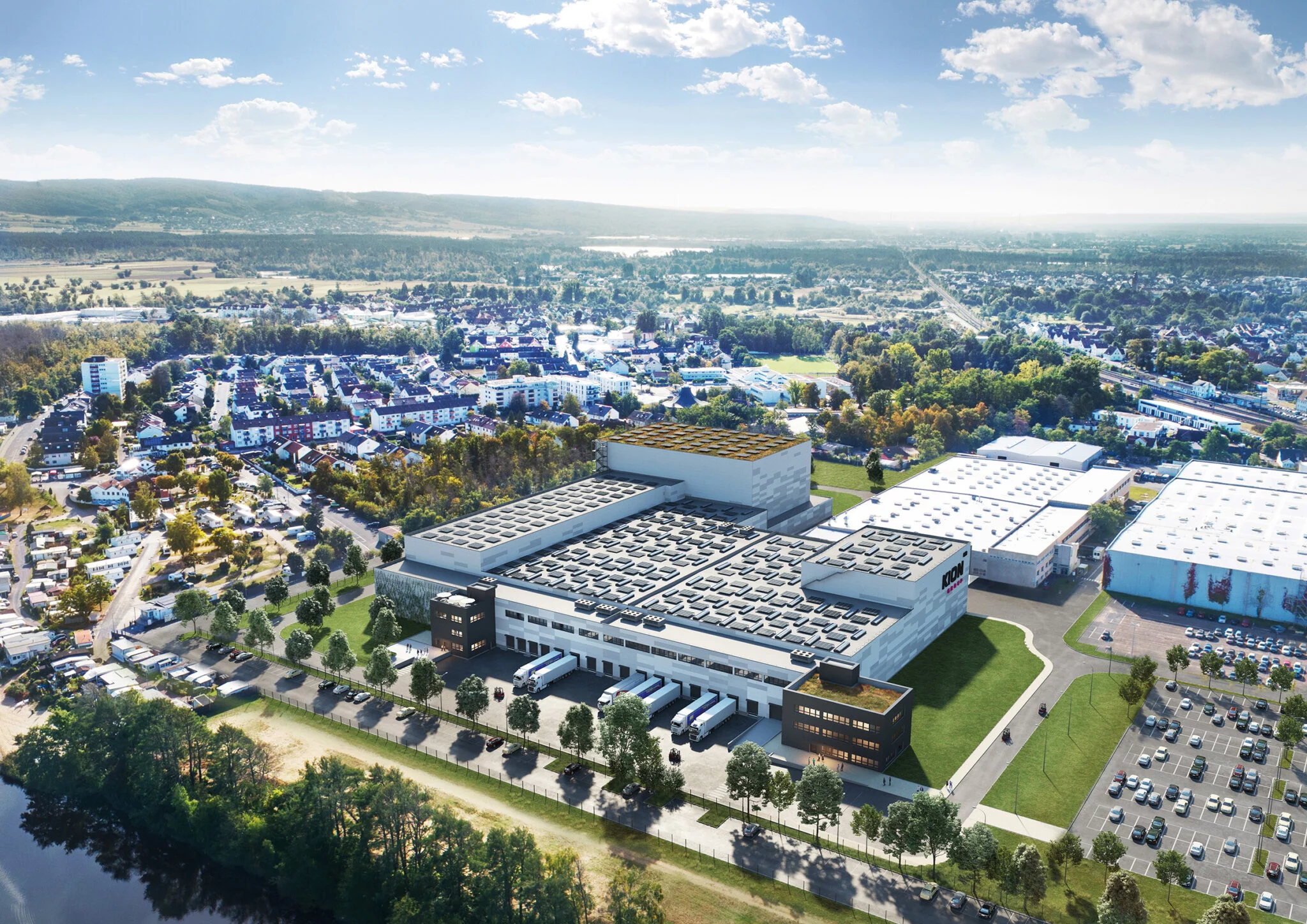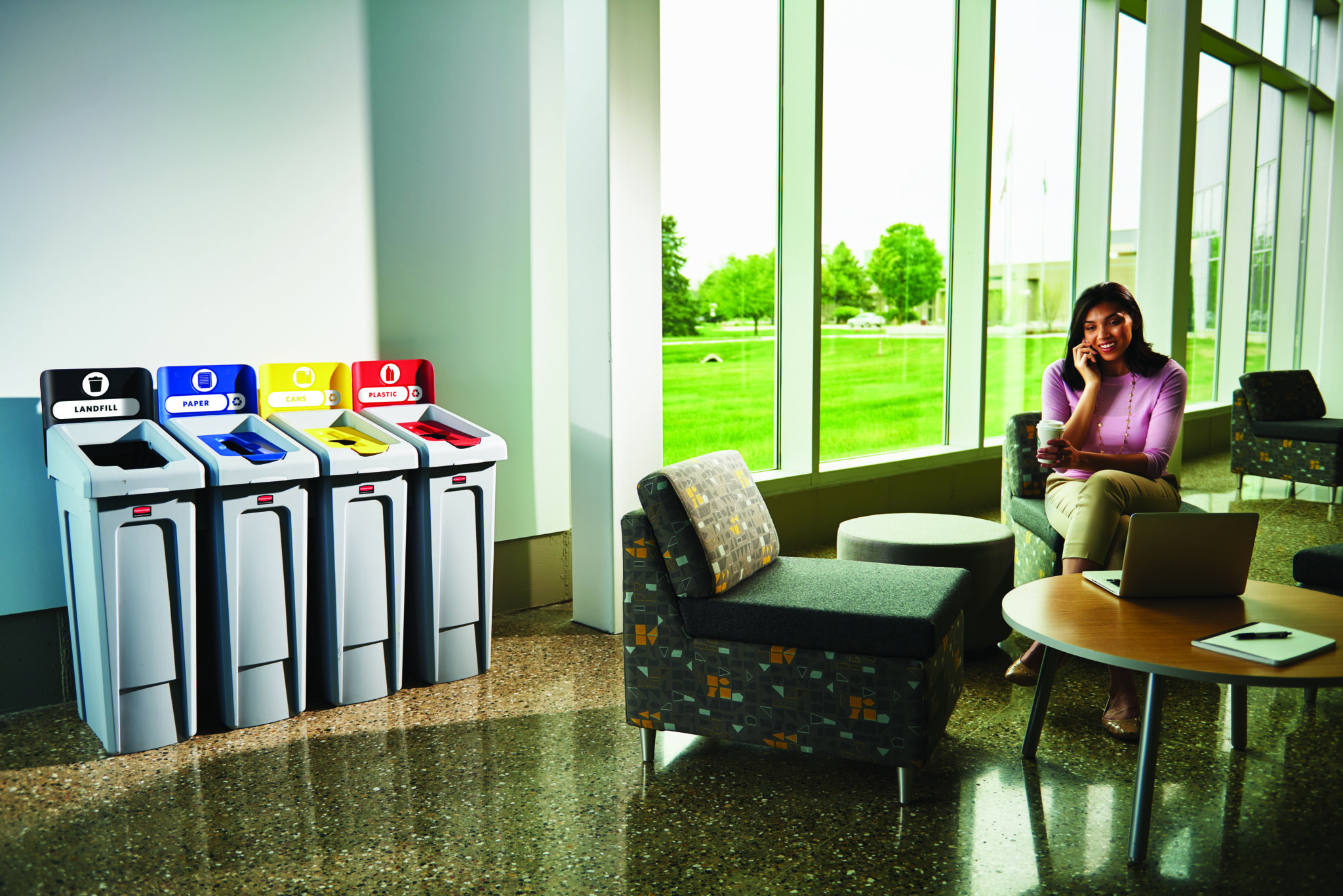Synergy, the experts behind cloud-based WMS software SnapFulfil, have unveiled a breakthrough tech solution that orchestrates all automation devices and robotic systems within the warehouse from one centralized and convenient platform. As a multiagent, rather than just a point solution, SnapControl brings a more uniform approach to automation, which also makes this pioneering orchestration platform completely device and technology agnostic.
Synergy has successfully delivered the solution in an expanding customer DC, featuring AMRs and automated packaging systems, where SnapControl was deployed in just weeks, without major software upheavals. This deployment is the first of many as more businesses explore the need for many different types of automation in their warehouses.
Rich Pirrotta, Group CEO said: “As businesses adopt new technologies and automation to mitigate labour challenges and make warehouses more efficient and productive, the ability to rapidly integrate and operate these investments is critical. Synergy is one of the very few WMS providers with an integrated, holistic and high value solution that can be deployed quickly, cost effectively and with minimum disruption.”
SnapControl orchestrates the prioritization of work, automatically allocates tasks and workflows, evaluates which robotic devices best match specific operations, and enables data capture to assess the value each device yields – all with a low total cost of ownership and rapid time to value. Equally, it connects to all types of devices, including RF, AMRs, Conveyors, Palletizers, Putwalls, ASRS, etc, plus in any possible transport method (API, CSV, etc,) – and if one type stops working, you can switch over to another device quickly and in real-time. SnapControl uniquely promotes bi-directional MQTT (MQ Telemetry Transport) messaging and conversational decision-making between the WMS and remote warehouse devices, which typically have a small code footprint and minimal network bandwidth.
“In other words, SnapControl speaks to the devices and the devices talk back, enabling the most efficient warehouse decisions to be made automatically,” explained Pirrotta.
Consequently, it’s an ideal solution for mixed portfolio and multiple vendors offering both AMRs and other autonomous/manual systems, plus it works hand in hand with SnapFulfil and any other incumbent WMS, OMS or e-commerce front end system – both in the cloud or locally. This latest technological differentiator from Synergy facilitates a much more efficient and adaptable warehouse that accelerates integration and gives customers the freedom to choose automation and robotic devices that best fit specific operational needs and can futureproof the business and workforce needs. Additional benefits due to the power of SnapFulfil’s Tier 1 WMS rules engine functionality include the capacity to make adjustments for expiry dates and traceability, create buffers for delaying tasks and manage exceptions without downtime.
Pirrotta concludes: “Single point integrations prolong onboarding time, slow growth and often operate within ineffective and separate silos. In today’s especially challenging times the ability to rapidly augment and orchestrate your technology investments, without unnecessary service fees, has never been more important. It’s now mission critical to harness control with 24/7 visibility from one centralized system.”
To download a free handy guide explaining multiagent orchestration and its many benefits visit here.







